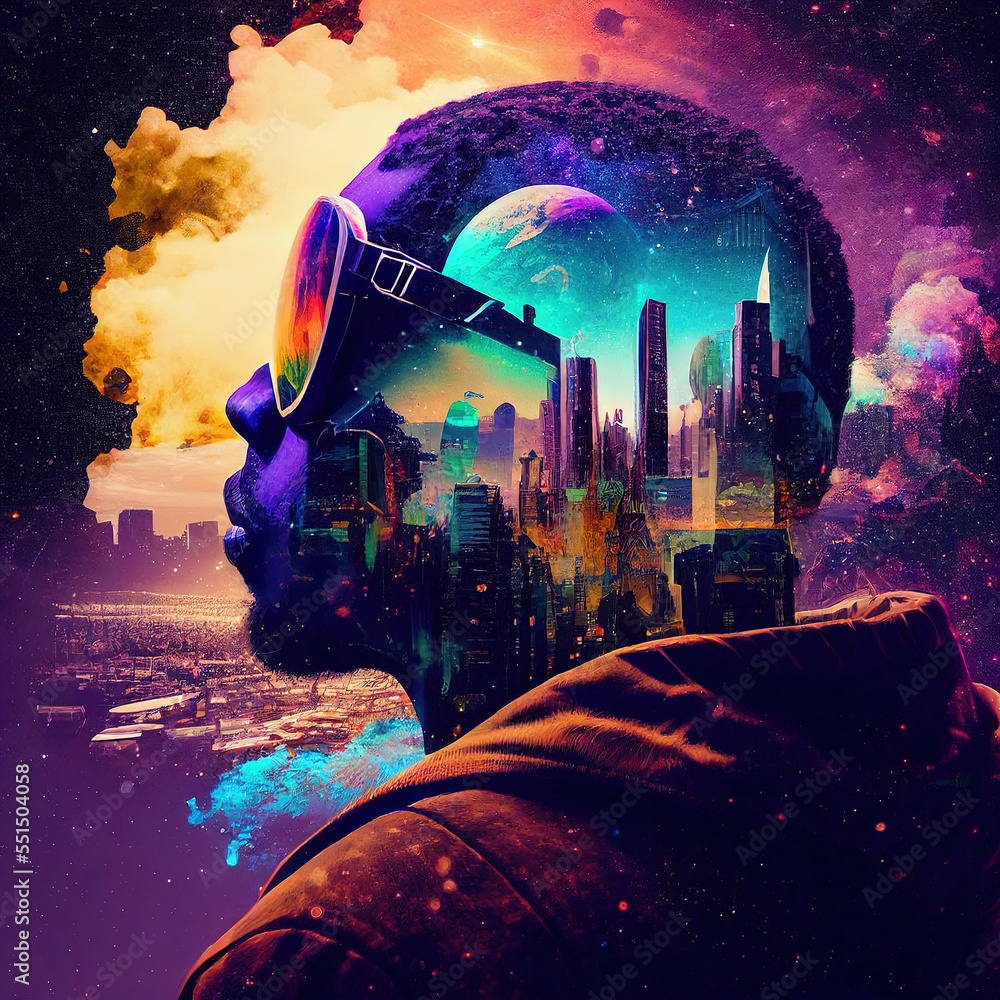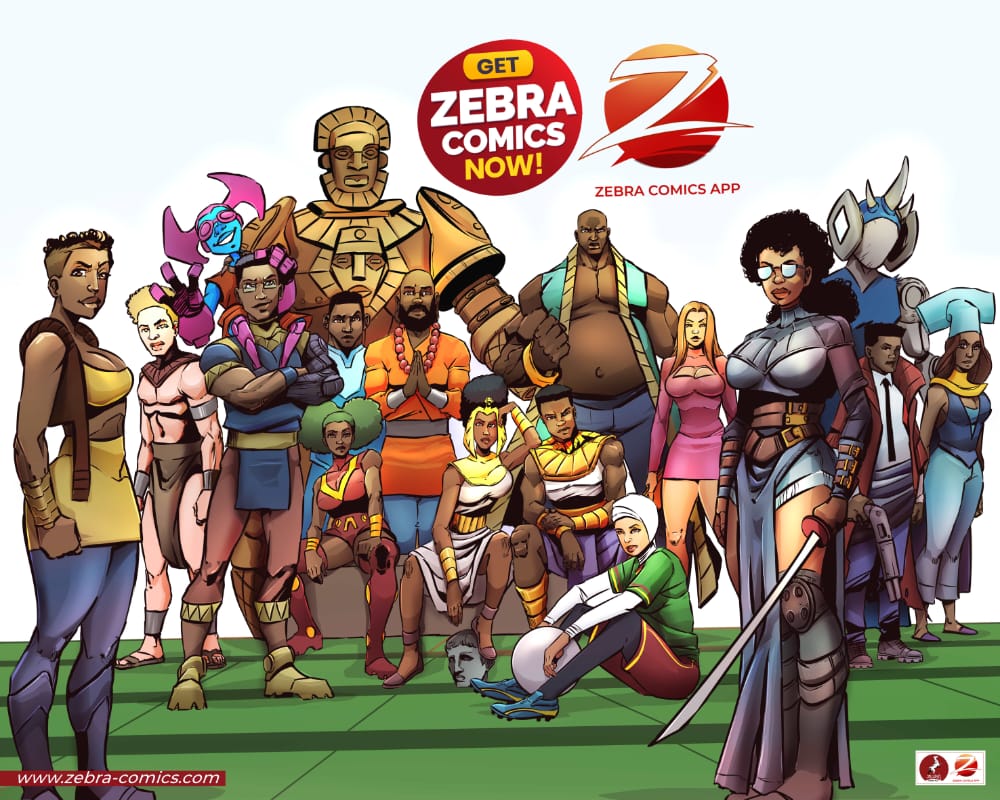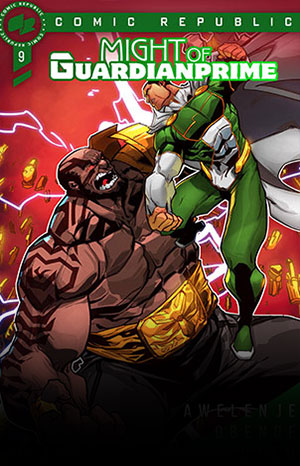As technology continues to evolve, it is important for comic book fans to understand the intellectual property rights associated with digital comics. Digital comics are becoming increasingly popular due to their convenience and accessibility; however, they also pose unique legal challenges that must be addressed by both creators and consumers.
Digital comics, like all digital products, are more susceptible to being pirated. With a smartphone and internet connection, anybody anywhere can pretty much access content online. At the same time, there are pirate websites and all kinds of digital tools that pirates can use to access content illegally. With this status quo, it is therefore important for all digital comics creators to be knowledgeable about intellectual property law so as to effectively protect their creations online.
Intellectual property rights are the rights given to persons over the creations of their minds. They usually give the creator an exclusive right over the use of his/her creation for a certain period of time. As an example, according to the World Trade Organization, the rights of authors of literary and artistic works (such as books and other writings, musical compositions, paintings, sculpture, computer programs and films) are protected by copyright, for a minimum period of 50 years after the death of the author. Also protected through copyright and related (sometimes referred to as “neighbouring”) rights are the rights of performers (e.g. actors, singers and musicians), producers of phonograms (sound recordings) and broadcasting organisations. The main social purpose of protection of copyright and related rights is to encourage and reward creative work.
Intellectual property rights are an essential part of protecting creative works from unauthorised use or distribution by third parties without permission from the copyright holder(s). So, as earlier insinuated, in order for creators and publishers alike to ensure that their work is properly protected, they must understand what IP laws exist and how they apply specifically within the realm of digital comics publishing.

Intellectual property law applies differently in the digital world than it does in print media. For example, while copyright laws protect physical copies of a work from unauthorised use or distribution online, these protections do not necessarily extend into the virtual realm. This means that if you purchase a digital copy of your favourite comic book series online without obtaining permission from its creator first, you may be violating copyright laws even though you have paid for access to the material itself.
In addition to protecting against unauthorised use or distribution of copyrighted works online, intellectual property law also protects against plagiarism – using someone else’s ideas without giving them credit – as well as trademark infringement (using another company’s logo). As such it is essential for all comic book fans who wish to engage with digital content legally and ethically, to understand what constitutes plagiarism or trademark infringement when accessing any type of content on-line – including comics!
Furthermore , understanding how Intellectual Property Law affects our ability to share digitally purchased materials can help us ensure we remain within legal boundaries while still enjoying our favourite titles . It’s important that everyone involved – whether they’re creating new works based off existing ones , sharing fan art , posting reviews on social media sites etc, understands how IP Laws apply, so we can continue supporting innovative stories told through this medium.
It is therefore clear that we all need to know what we should do and what we shouldn’t do when we come across content online or when we publish digital content like digital comics ourselves. Now, the question that remains is; What should we actually do to protect digital comics online? What measure should we take concretely? The following paragraphs provide some must-dos.

The first thing to do is to ensure that you have copyright protection. Copyright protects the original expression of an idea but not the idea itself. This means that if someone creates a story featuring characters similar or identical to yours, they cannot be held liable unless they copy your exact words and drawings directly from your comic book without permission (this includes using screenshots). Additionally, it’s important to note that copyright does not protect ideas or facts; only expressions such as artwork and text are protected by copyright law in most countries around the world including the United States where copyrights last up until 70 years after the death of the creator (or 95 years after publication date if still alive).
Another key thing to consider when it comes to Intellectual Property Law & Digital Comics is trademark protection which applies mainly to names used within stories or comics like character’s name, titles etc. The purpose behind trademarks being registered under IP Laws is basically to give creators exclusive rights over usage or exploitation associated with said names and marks. This means that no one else has authority nor right over those names or marks, except those who own them legally through the registration process. This also helps prevent confusion among readers who might think certain products come from the same source even though there are actually different companies involved in producing them respectively.
Finally, patenting should also be taken into consideration when talking about IP Laws & Digital Comics. This is because patents give creators exclusive rights regarding inventions made during the production process – like special techniques used while drawing panels or pages etc. Patenting gives additional layer security against unauthorised use or copying which could lead to costly litigation cases down the road, especially considering how much money some big publishers invest annually into development departments responsible for making sure all new releases stay true to the original vision set forth by author(s) at the conception stage!

Understanding how intellectual property laws apply specifically towards digital comics will help ensure that both fans and creators alike remain safe while enjoying their favourite content online. While there may seem like an overwhelming amount of information out there at first glance , taking some time to educate yourself about this area will ultimately benefit both creators and readers alike. Besides, it always feels good when you get a high value comic illegally and free, from shady sources online. However, when the lawsuits come, that’s when you begin to understand that life can appear with different shades of blue. Do not take any chances to pirate somebody else’ digital comics online.




